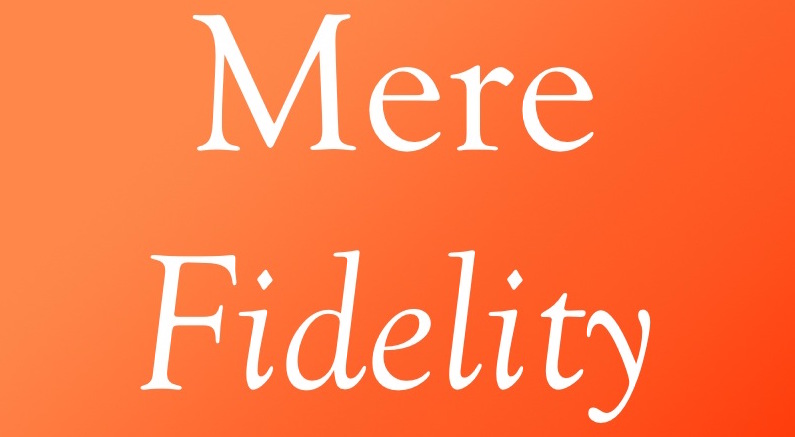With Matt waxing eloquent during last week’s four theses on social conservatism, I thought it would be appropriate to highlight how aspects of social conservatism are capturing renewed attention.
Michael Gerson at the Washington Post and the ever-maddening David Brooks at the New York Times have, in the past two weeks, written excellent diagnoses of what ails modern conservatism. With “social conservatism” being code word for abortion and same-sex marriage in today’s culture, it isn’t an accident that both authors discuss elements of social conservatism without ever actually using the term.
Gerson, a Beltway evangelical and Bush speechwriter penned an article titled “An Ideology without Promise” in which he eviscerated Mitt Romney’s now infamous “47%” comments where “human worth is reduced to economic production.” In Romney’s tirade, according to Gerson, there’s little that would attract the economically destitute since they’re accused of lacking personal responsibility and enjoy the perpetual siphoning off of economic benefits toward themselves.
In Brooks’ article conspicuously titled “The Conservative Mind,” he laments how modern conservatism is dominated by a fiscal conservatism that lacks familiarity with the complexities of the social order, the type of complexities that birth vaunted insults like the one Romney issued with his 47% comments. In the Manichean gap, Brooks sees how the once powerful traditionalist element of American conservatism has receded, resulting in conservatism preoccupied by economic production at the top than rather than economic mobility for the middle and lower classes.
Brooks writes,
The economic conservatives were in charge of the daring ventures that produced economic growth. The traditionalists were in charge of establishing the secure base — a society in which families are intact, self-discipline is the rule, children are secure and government provides a subtle hand.
Brooks then delivers the most stomach-punching indictment I’ve read in a long time:
The Republican Party has abandoned half of its intellectual ammunition. It appeals to people as potential business owners, but not as parents, neighbors and citizens.
Before I’m accused of doing so, I don’t want to be interpreted as shunning economic conservatism or its importance for providing stable revenues for American families. The more economic growth, the better, certainly. Economic stability aids in domesticity and domesticity provides the market with stable employees that, in turn, provides the infrastructure for companies to grow. This is not a zero-sum game of the family versus economics.
Login to read more
Sign in or create a free account to access Subscriber-only content.
Topics:

